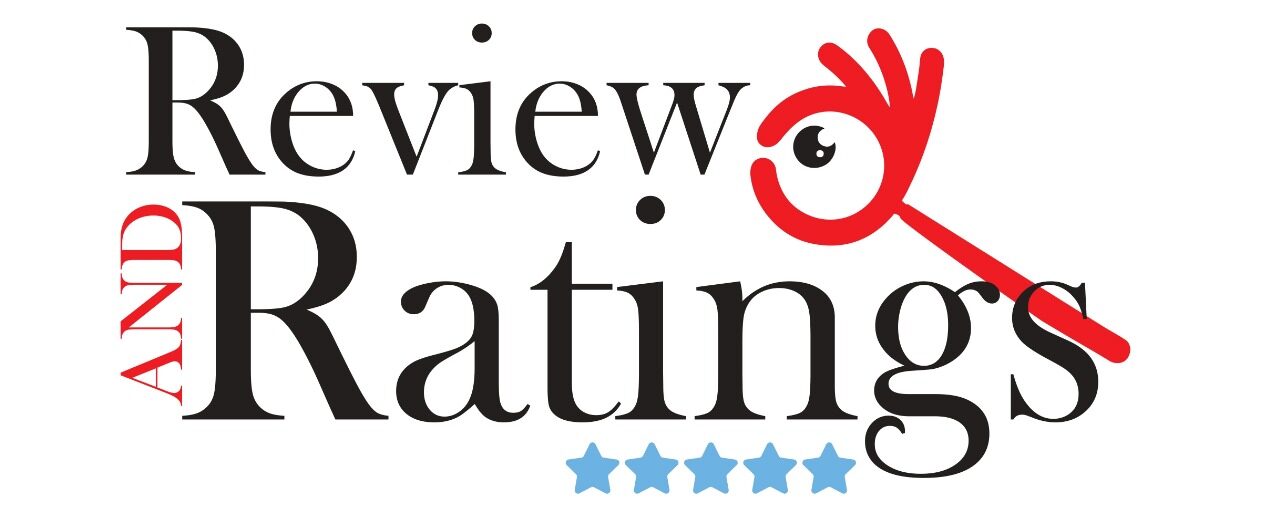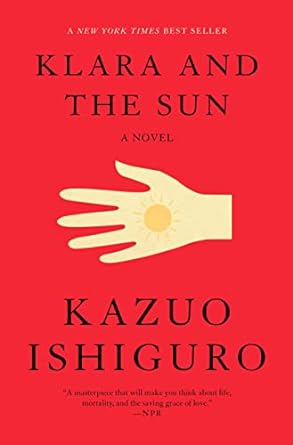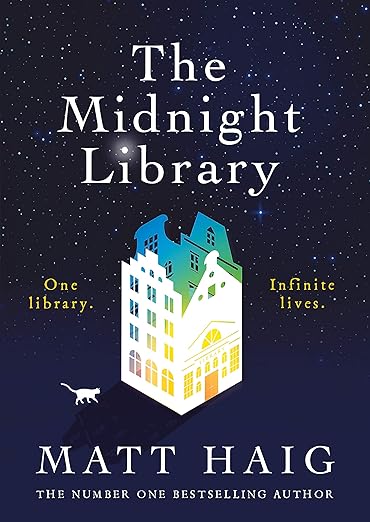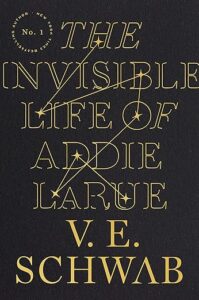Klara and the Sun : Honest Book Review
Author: Kazuo Ishiguro
“Klara and the Sun” is a novel by Kazuo Ishiguro, published in 2021. Set in a dystopian future where advanced artificial intelligence (AI) has become integral to society, the book explores themes of love, loneliness, and the essence of humanity. The story is told from the perspective of Klara, an Artificial Friend (AF), designed to provide companionship to children in a world where social and emotional interactions are increasingly mediated by technology. Ishiguro, a Nobel laureate known for his profound explorations of memory and identity, uses this futuristic setting to delve into the complexities of human relationships and the ethical implications of AI.
Summary
“Klara and the Sun” follows Klara, an Artificial Friend, who observes and learns about the world from her place in a store, waiting to be chosen by a customer. Eventually, she is selected by a girl named Josie, who suffers from a mysterious illness. As Klara becomes an integral part of Josie’s life, she witnesses the complexities of human emotions and relationships, while holding onto a belief in the power of the Sun to heal and nurture. Through Klara’s unique perspective, the novel explores the intersections of technology and humanity, and the lengths we go to for those we love.
Main characters
Klara: The protagonist and narrator, Klara is an Artificial Friend with exceptional observational abilities and a deep sense of curiosity. She is empathetic and deeply committed to understanding and aiding her human companions, especially Josie. Klara’s innocence and dedication highlight her unique perspective on human nature.
Josie: A teenage girl who chooses Klara as her Artificial Friend. Josie suffers from a serious, unnamed illness that affects her physical and emotional well-being. Her relationship with Klara is central to the narrative, showcasing themes of dependence, care, and the impact of technology on human connections.
Chrissie: Josie’s mother, who is deeply concerned about her daughter’s health. Chrissie’s actions and decisions are driven by her love for Josie and her desire to ensure her daughter’s survival, even if it means making morally and ethically complex choices.
Rick: Josie’s neighbor and close friend, who faces his own challenges in a society that increasingly values artificial enhancements. His relationship with Josie provides a contrast to her bond with Klara, highlighting different aspects of human connection and affection.
The Sun: While not a character in the traditional sense, the Sun plays a symbolic and quasi-spiritual role in the novel. Klara believes in the Sun’s power to heal and sustain life, which influences her actions and perceptions throughout the story.
Plot
The plot of “Klara and the Sun” is engaging, drawing readers into a thought-provoking world through the eyes of Klara, an Artificial Friend. The story unfolds at a measured pace, allowing readers to gradually uncover the complexities of the characters’ lives and the dystopian society they inhabit. The narrative is driven by Klara’s observations and experiences, which keeps the reader intrigued and invested.
The narrative is coherent, with a clear and logical progression of events. Klara’s journey from the store to becoming a part of Josie’s life is well-articulated, and the transitions between different phases of the story are seamless. The central themes of love, companionship, and the ethical implications of AI are consistently explored throughout the plot.
The structure of the novel is well-organized, with each chapter building on the previous ones to deepen the reader’s understanding of the characters and the world. The story is divided into distinct sections that follow Klara’s evolution and the developments in Josie’s health, providing a clear framework for the narrative.
Writing style
Kazuo Ishiguro’s writing style in “Klara and the Sun” is both concise and poetic. His prose is straightforward yet richly descriptive, capturing the nuances of Klara’s observations and the subtleties of human emotions. Ishiguro’s language is elegant and evocative, creating a contemplative and immersive reading experience. His ability to convey deep philosophical ideas through simple, clear sentences is a hallmark of his style, making the complex themes accessible and engaging.
Strength
The characters, particularly Klara, are deeply engaging. Klara’s perspective as an AI provides a unique lens through which the human experience is explored. Josie, Chrissie, and Rick are also well-developed, each with their own struggles and motivations that add depth to the story.
The plot is compelling, with the mystery of Josie’s illness and the ethical dilemmas surrounding AI creating tension and intrigue. The gradual revelation of the world’s societal structure and the characters’ backstories keeps readers invested.
Ishiguro’s prose is lyrical and evocative, enhancing the emotional and philosophical depth of the narrative. His writing captures the quiet beauty of Klara’s observations and the profound questions posed by the story.
Reader’s experience
Reading “Klara and the Sun” was a contemplative and moving experience. The novel’s exploration of love, humanity, and the role of technology in our lives was thought-provoking and emotionally resonant. I was particularly struck by Klara’s innocence and her unwavering belief in the Sun’s power, which added a layer of poignancy to the narrative. The book kept me engaged and reflective long after I finished reading it.
Comparison
Compared to Ishiguro’s previous works, such as “Never Let Me Go,” “Klara and the Sun” continues his exploration of dystopian futures and the ethical implications of technological advancements. While “Never Let Me Go” deals with cloning, “Klara and the Sun” focuses on AI, yet both novels share a melancholic and introspective tone, delving deeply into what it means to be human.
Target Audience
This book is best suited for fans of literary fiction, particularly those interested in dystopian themes and philosophical explorations of AI and humanity. It will appeal to readers who appreciate richly descriptive prose and character-driven narratives. Fans of Ishiguro’s previous works, as well as those who enjoy contemplative and thought-provoking stories, will find “Klara and the Sun” particularly engaging.
Consider purchasing from here : https://www.amazon.in/Klara-Sun-Times-Sunday-Book/dp/057136490X/ref=tmm_pap_swatch_0?_encoding=UTF8&qid=&sr=
Do checkout our other reviews : http://reviewandratings.com/category/books/








